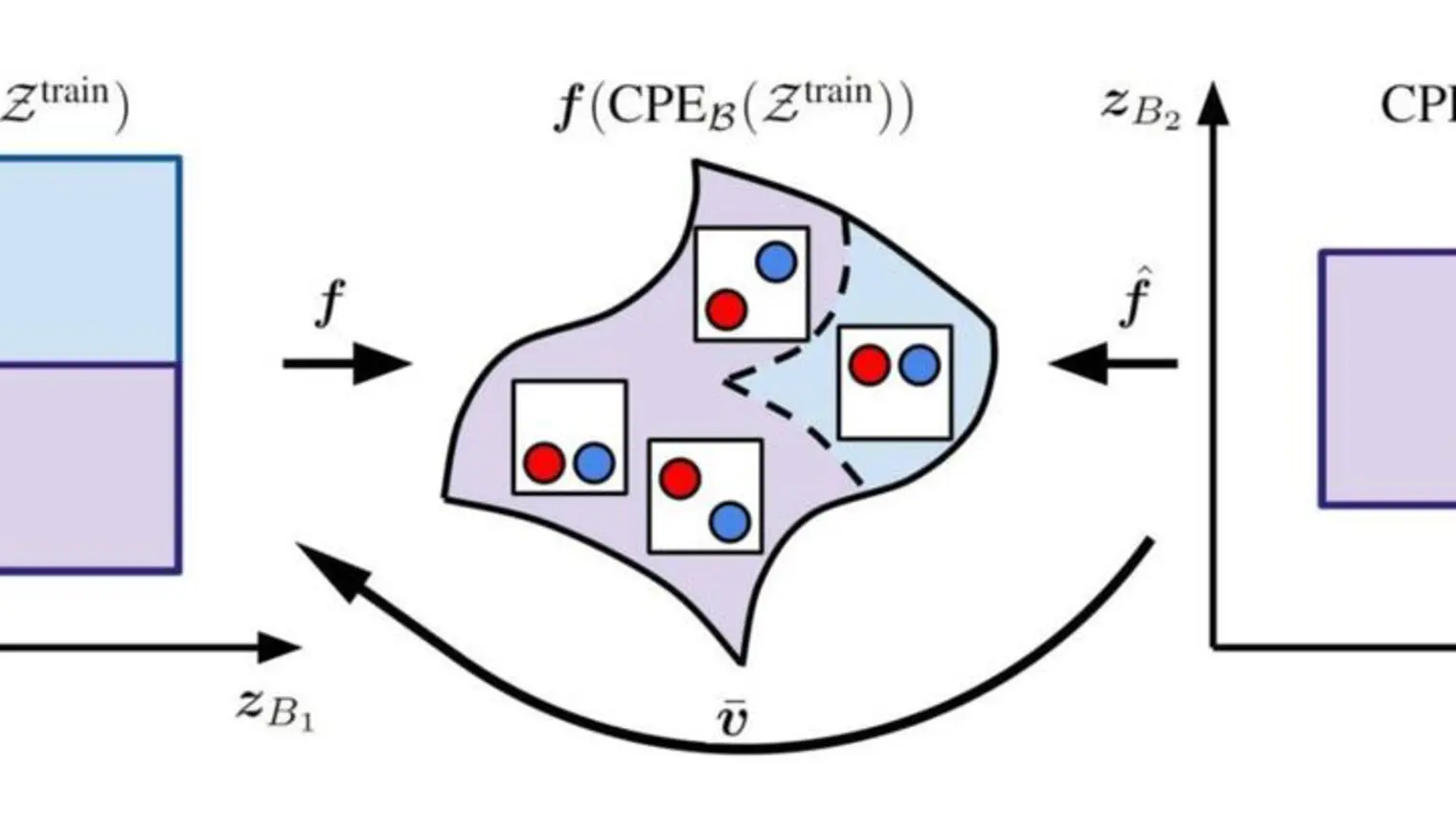
Simon Lacoste-Julien
Biographie
Simon Lacoste-Julien est professeur agrégé au Département d'informatique et de recherche opérationnelle (DIRO) de l'Université de Montréal, membre cofondateur de Mila – Institut québécois d’intelligence artificielle et titulaire d'une chaire en IA Canada-CIFAR. Il dirige également à temps partiel le SAIT AI Lab Montréal.
Ses recherches portent sur l'apprentissage automatique et les mathématiques appliquées, et intègrent des applications à la vision artificielle et au traitement du langage naturel. Il a obtenu une licence en mathématiques, physique et informatique à l’Université McGill, un doctorat en informatique à l’Université de Californie à Berkeley et un postdoctorat à l'Université de Cambridge.
Il a passé quelques années à l'Institut national de recherche en sciences et technologies du numérique (INRIA) et à l'École normale supérieure de Paris en tant que professeur de recherche avant de revenir à Montréal, en 2016, pour répondre à l'appel de Yoshua Bengio et contribuer à la croissance de l'écosystème de l'IA à Montréal.



